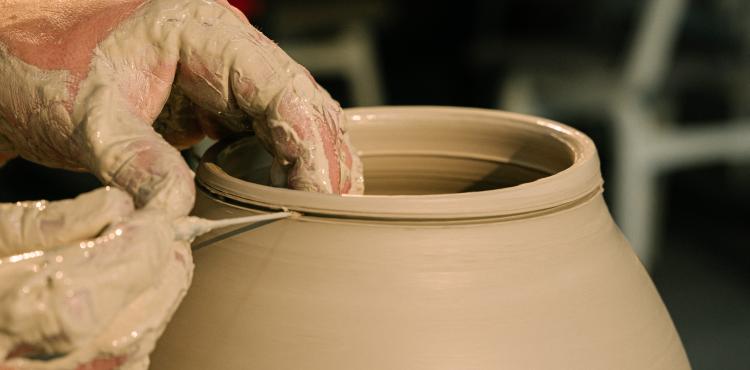
The European Parliament and the European Council have reached a political agreement for the introduction of new regulations that will protect the intellectual property of craft and industrial products that are the result of the originality and authenticity of traditional regional competences.
The new legislation will bridge the gap between divergent national systems in the EU by protecting the original quality and tradition of locally renowned goods such as jewellery, fabrics, lace, natural stone, cutlery, glass and porcelain both in the EU and internationally, and online as well. In this way, the EU producers will have their craft, industrial products and traditional skills protected.
The new rules provide for a procedure for the registration of geographical indications (GIs) at national level, followed by an examination of producers' applications by the EU Intellectual Property Office (EUIPO). Member States may decide whether to set up a national registration authority or leave the EUIPO to deal with the entire registration process on their behalf.
Manufacturers' applications may be submitted digitally, and national authorities will assist micro, small and medium-sized enterprises in this process, by setting registration fees at national level.
National authorities will always be responsible for controls, including on electronic markets, ensuring that products placed on the market comply with product specifications.
The agreement on the new regulation will now have to be confirmed by the plenary of Parliament and the Council, and will become effective 20 days after its publication in the Official Journal of the EU. Member States will have two years to implement the new rules. The Commission will have to assess the results of the application every five years.